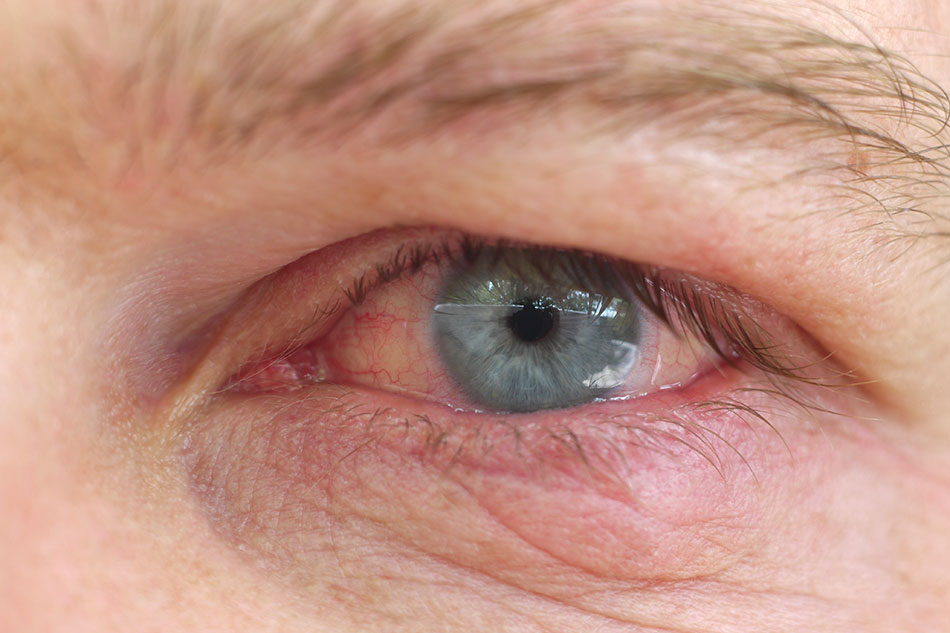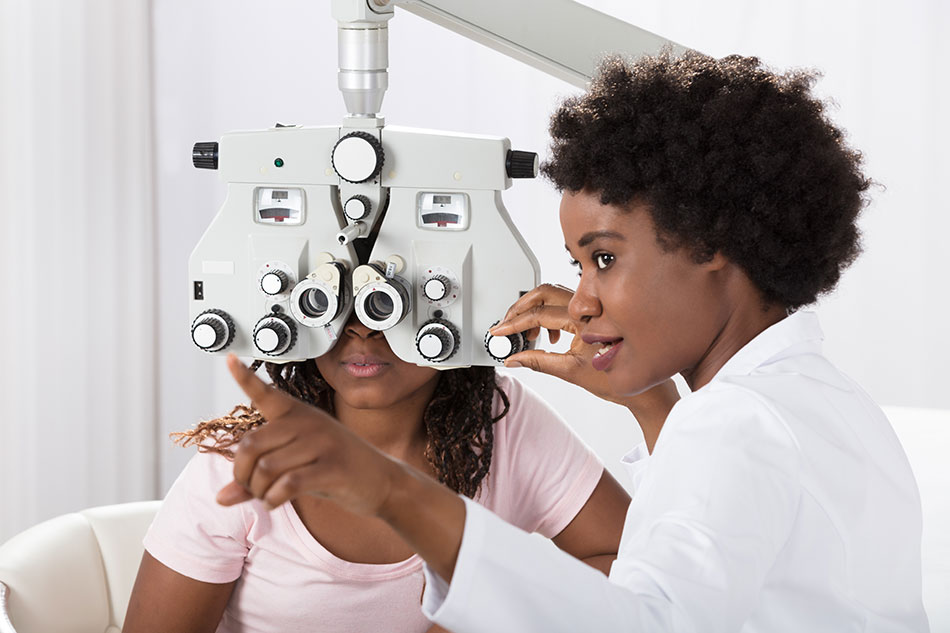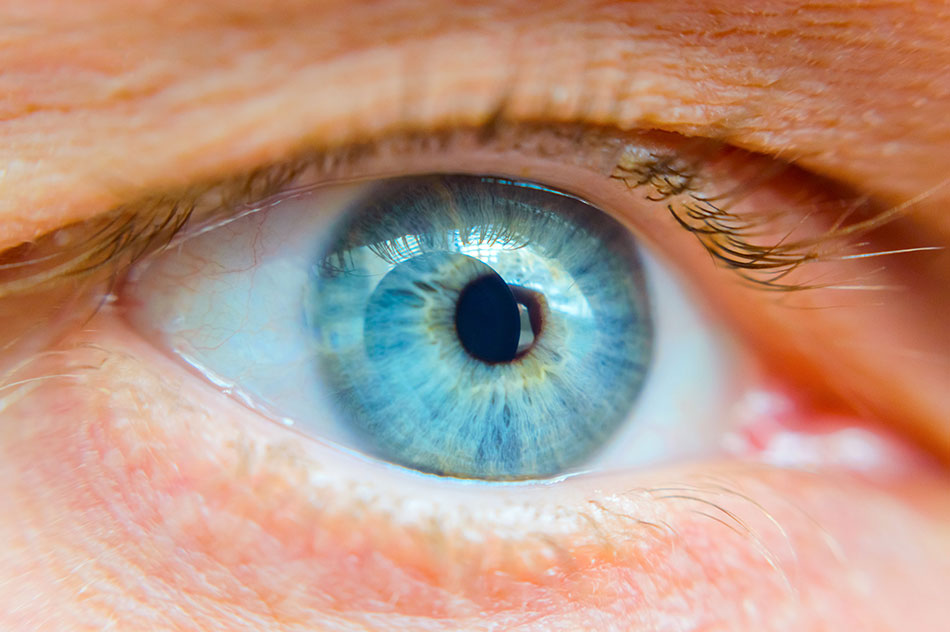How to Handle Contact Lens Discomfort (9 Things You Need to Know)

Have you ever felt a stinging or burning sensation, or any other discomfort while wearing contact lenses? It's not just you. Many Americans struggle with these symptoms from their contacts.
But it doesn't have to be this way. You can wear your contacts without these negative side effects. To take the necessary steps to fix the problem, you should discover the cause of your discomfort.
Keep reading for 9 important things to know about contact lens discomfort.
1.It Has Varying Symptoms
You can experience several symptoms with contact discomfort. Contact lens discomfort has varying symptoms. You may have an abnormal feeling in your eyes, but not the stinging or burning. Or your eyes may feel dry while wearing contacts, but not itchy.
Here are some of the common symptoms:
- Dry eyes
- Blurred vision
- Redness
- Stinging or burning
- Itching
- Light sensitivity (photophobia)
If you have any of these symptoms, contact your optometrist for assessment and treatment. However, if it’s your first time wearing contacts, then some initial discomfort is normal.
2. Contact Lens Discomfort at First Is Common
As we said before, if you are a contacts newbie, then you should expect some discomfort. It’s normal. Your eyes are quite sensitive and the feel of contact lenses is still new to you.
You will also have to become a pro at putting in and removing your contacts. So that learning curve will also be a factor in any discomfort that you experience. Give your eyes, and yourself, time to adjust.
This adjustment period should take between 10 to 12 days. If you're still having discomfort after this time, then visit your eye doctor.
3. How's Your Lens Fit?

No two pairs of eyes are the same. In fact, no two eyes are the same. Some contact lenses work well for certain eye shapes and not others. It's routine to experiment with different fits before you find the perfect type for you.
When your optometrist fits you for lenses, he or she will take a variety of measurements. Each lens is supposed to cover your entire cornea. But sometimes, these measurements aren't perfect.
Before you consider quitting contacts for good, make sure you have the right fit. Have your optometrist examine the lenses on your eyes to confirm if they fit well.
4. Lens Maintenance
Contacts give you flexibility in daily life, but they require more maintenance than glasses. If you don’t keep up with these cleaning routines, then you can get serious discomfort, plus infections.
You should always handle your contact lenses with clean, dry, lint-free hands. If you don’t, bacteria on your hands can transfer onto the lenses and then infect your eyes. You should also replace your contact case every three months to avoid bacterial buildup.
Never use water or saliva to clean or lubricate your lenses! This is a harmful practice that exposes your corneas to infections. You should only use the lens solution recommended by your optometrist. Invest in prescribed eye drops to keep your lenses lubricated throughout the day.
Also, never sleep in your contacts. Each night, remove and clean your lenses. Then store them in a clean case with fresh solution.
5. Buy Artificial Tears
Some contact lens discomfort happens because of dry eye syndrome. For one reason or another, your eyes don’t make enough tears to lubricate them. Dry eyes can cause your contacts to stiffen and become uncomfortable.
Luckily, you can buy artificial tears to simulate natural lubrication. These artificial tears help rewet your lenses, so they sit comfortably on your eyes.
Some types of contacts aren't compatible with artificial tears. So only use this product when it is recommended by your eye doctor.
6. Diet Affects Your Eyes

You are what you eat. That means your eye health also depends on your diet. If you lack crucial nutrients, you might experience symptoms of contact lens discomfort.
One of the most important nutrients for your eyes is omega-3 fatty acids. These healthy fats protect your eyes’ functions and guard against dry eyes. They also help manage the eyes’ fluids to prevent inflammation and glaucoma.
If you experience a lot of redness and inflammation when wearing contacts, look at your diet. Make sure you're getting enough of your superfoods to maintain your visual health!
7. Try Contacts Made for Dry Eyes
Those with severe dry eye syndrome may need special contact lenses. These are either soft hydrogel or silicone hydrogel contacts. The latter tends to be more permeable and allows more oxygen to the eyes.
Wearing monthly contacts may aggravate your dry eye problem. Daily disposable contacts may be better, as you get a new pair of fresh and lubricated lenses each day.
It’s best to purchase contact lens brands that are FDA-approved for dryness.
8. You May Need Punctal Plugs

Some people with tear production issues won't benefit much from artificial tears. In this case, there may be excessive drainage of fluid from the eyes.
An optometrist may recommend punctal plugs. These are used to obstruct the tear ducts so fluids are retained in the eyes for longer. This improves the eyes’ lubrication and reduces dry eyes. Contacts also remain in place more comfortably when the eyes are moist.
These punctal plugs are biocompatible and are very tiny. There are two types: dissolvable and semi-permanent.
First-time patients may be given the dissolvable, collagen-based plugs to see how well they resolve the dry eye issue. If they work well, then the semi-permanent (silicone-based) plugs are inserted.
9. Consider Orthokeratology
If you aren't having any luck with standard lenses, then consider orthokeratology (ortho-k) ones. They have good results for people with dry eyes.
These are rigid gas permeable lenses you wear overnight. Ortho-k contacts are safe for sleeping in, as they allow for oxygen flow to your corneas.
As you sleep, these lenses work to gently re-shape the surface of your eyes. They effectively treat eye disorders such as astigmatism, myopia (nearsightedness) and hyperopia (farsightedness).
Once you wear the ortho-k lenses all night, you’ll have perfect vision the next day. You won’t need to wear glasses or contacts. But keep in mind this vision correction is not permanent. You’ll need to keep wearing these special lenses at night.
Wear Contact Lenses Comfortably
Perfect vision comes at a cost. But that cost should not be discomfort for your eyes. If you’re experiencing contact lens discomfort, speak to your optometrist. He or she can assess the fit, material and lubrication of your lenses.
A balanced, antioxidant-rich diet and careful maintenance of your lenses are also key in resolving your issues.
